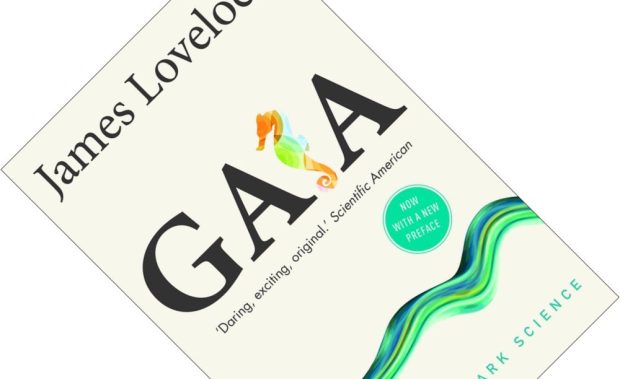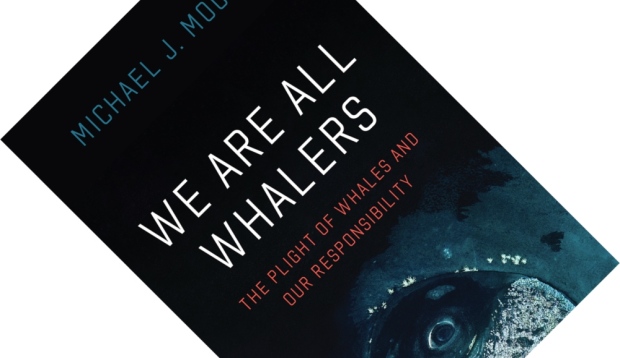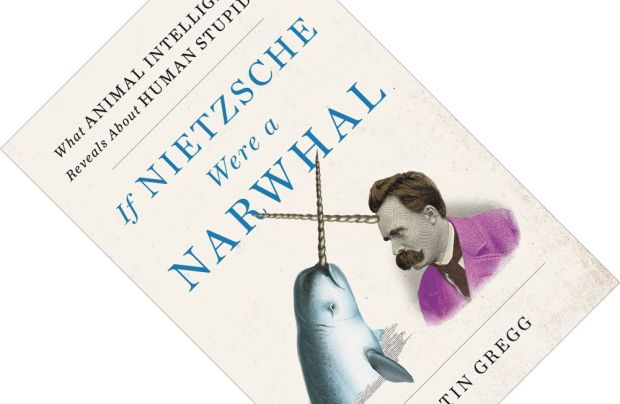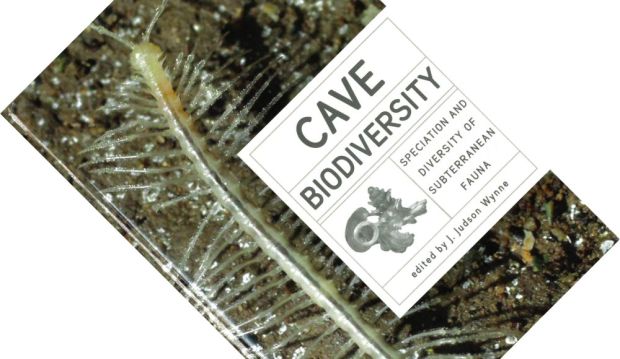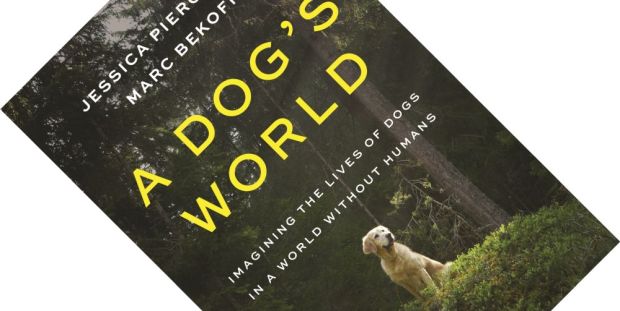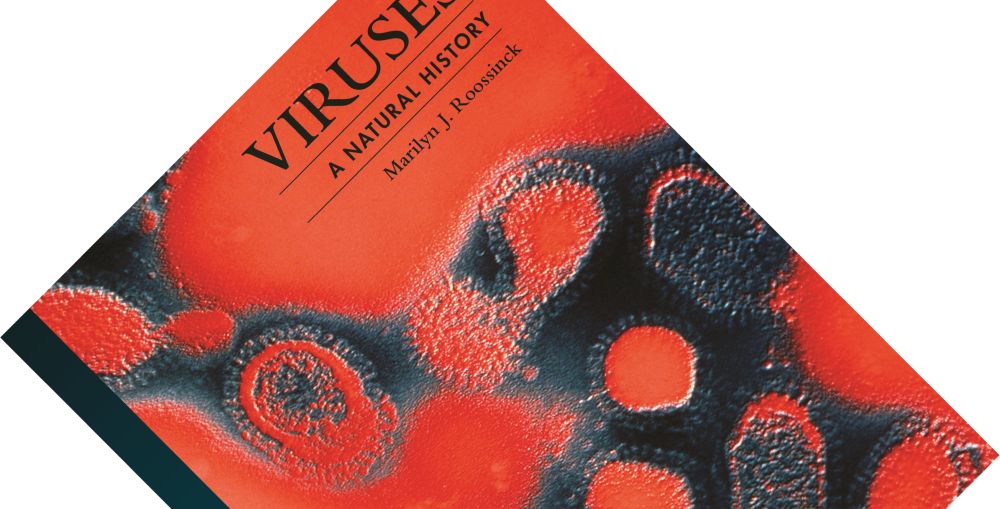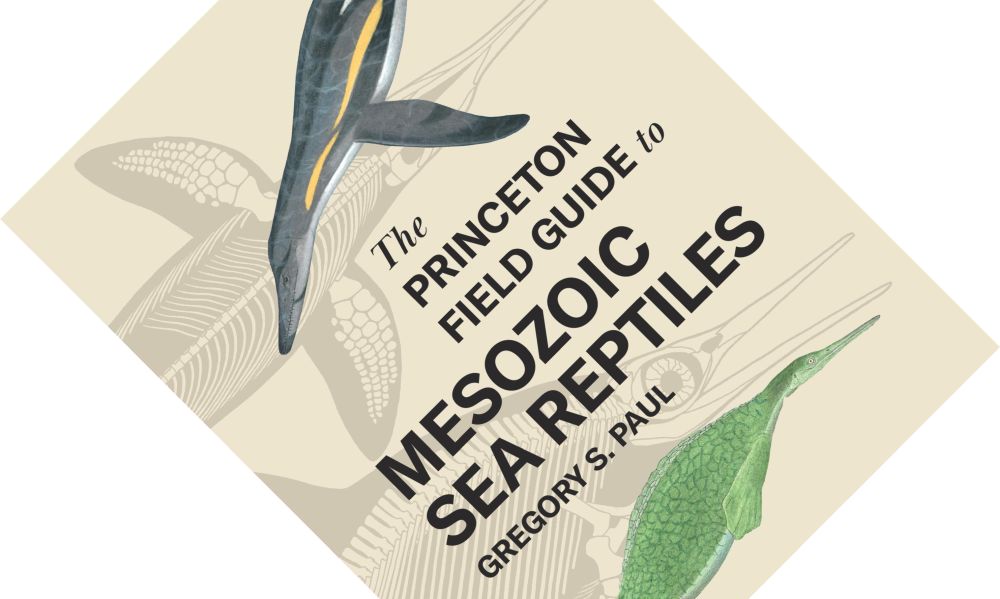9-minute read
keywords: earth sciences, ecology
One year ago today, the famous scientist, environmentalist, and futurist James Lovelock passed away at the age of 103. Amongst his many achievements, he is best known for formulating the Gaia hypothesis: the notion that the Earth is a giant self-regulating system that maintains conditions suitable for life on the planet. I have always been somewhat suspicious of this idea but have simply never gotten around to properly reading up on it. High time to inform myself better and substantiate my so-far thinly-held opinion. Join me for a four-part series of book reviews in which I delve into Lovelock’s classic Gaia; his follow-up The Ages of Gaia; Toby Tyrrell’s critical investigation of its scientific underpinnings, On Gaia; and Michael Ruse’s wider analysis of its reception and historical antecedents, The Gaia Hypothesis.

